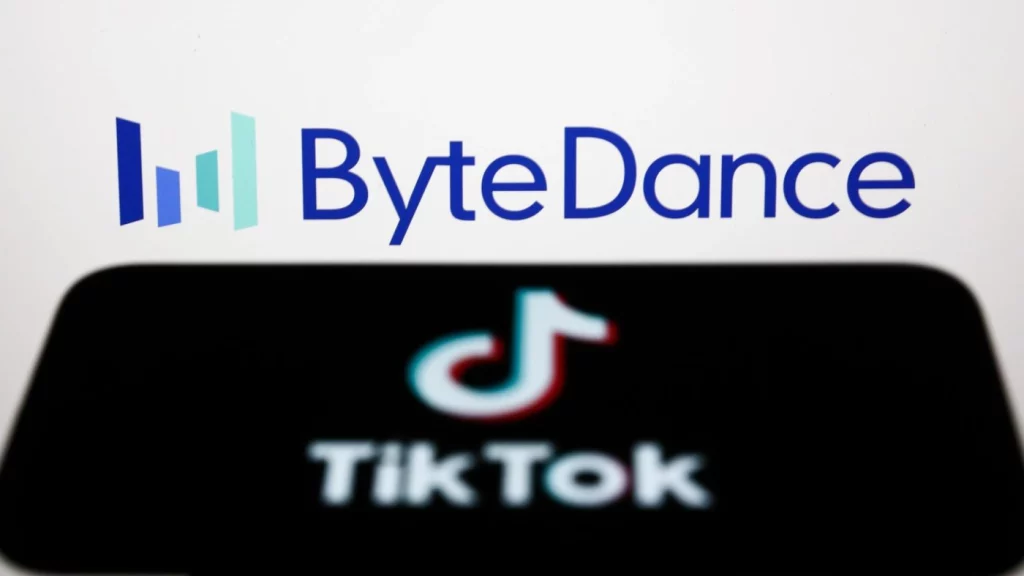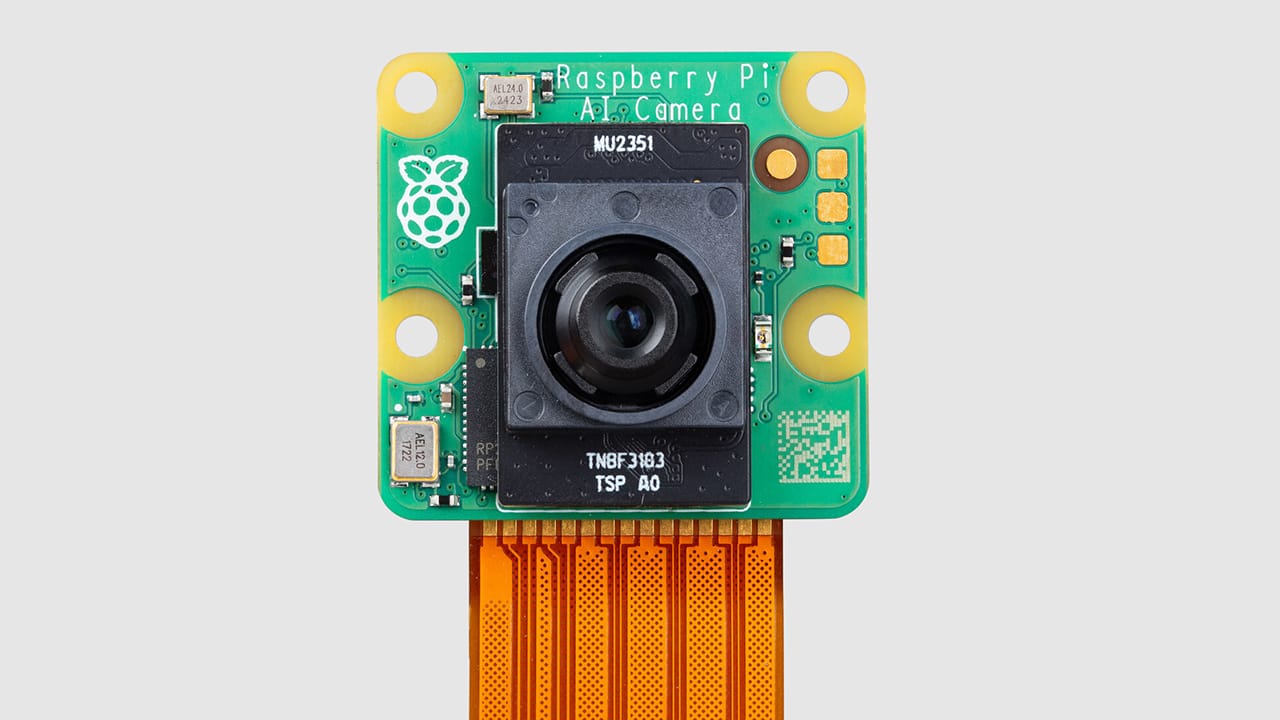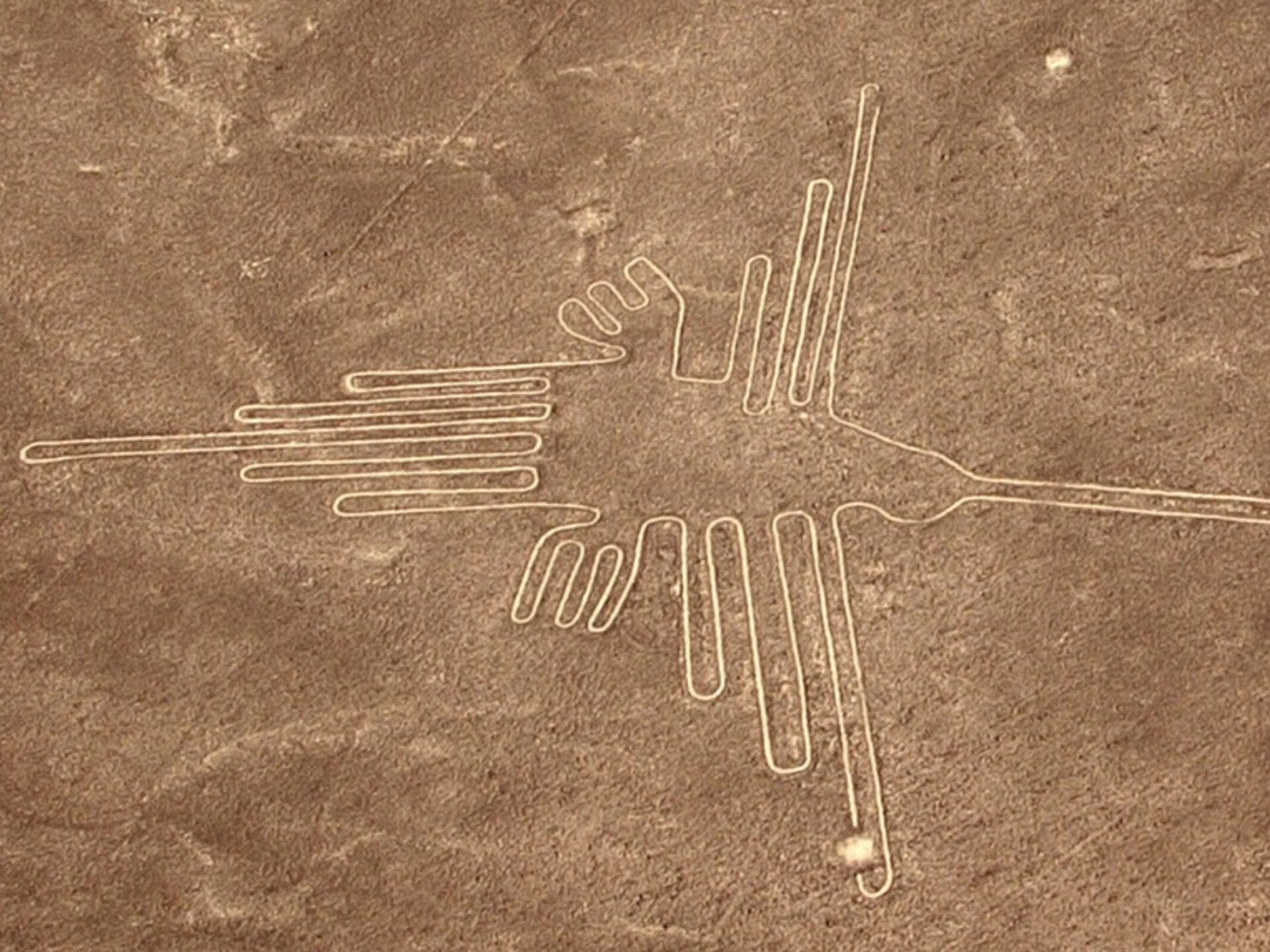Aescape has broadened the deployment of its AI massage therapist robots to the Kimpton EPIC Hotel in Miami. This innovative robot offers tailored body massages without needing a human therapist or operator. This expansion follows the robot’s introduction earlier this year in Equinox clubs located in New York.
How the Robot Works
The Aescape massage robot employs two robotic arms that are strategically positioned next to and above the massage bed to provide full body massages. A camera scans the customer’s body at 1.2 million points to accurately identify the location of muscles and body tissues. To ensure privacy during the massage, customers don Aerwear body suits that resemble yoga attire. These suits also help reduce skin friction with the robotic massager.
Features of the Massage Experience
Instead of using hands, the massage robot utilizes Aerpoint surfaces to perform massages. Each Aerpoint is designed with seven distinct surface shapes, all heated to 95º F (35º C) for precise pressure application during the massage. Customers can choose from a range of massage programs, and additional options will be added in the future. Sessions can be personalized from 15 to 120 minutes by modifying the intensity, pressure, and specific areas of focus. Furthermore, the ambient music, lighting, and components of the massage table, including the armrest, bolster, and headrest, can be customized. All preferences are saved for easy access during subsequent visits.
Installation Requirements and Pricing
The Aescape setup necessitates a room measuring 8 by 10 feet, a 120V 5A power supply, and a 2MB/s Internet connection. The rental cost for the machine is noted to be $84,000 annually, with companies potentially breaking even after two appointments or approximately $230 per day. Aescape offers a ROI calculator to help estimate the accurate cost of ownership. At Kimpton, the pricing for a 15-minute session starts at $40, while a 60-minute session begins at $140. For readers who may not have access to an Aescape AI robotic massage therapist nearby, a heated chair massager pad like the one available on Amazon can be an alternative option.





















